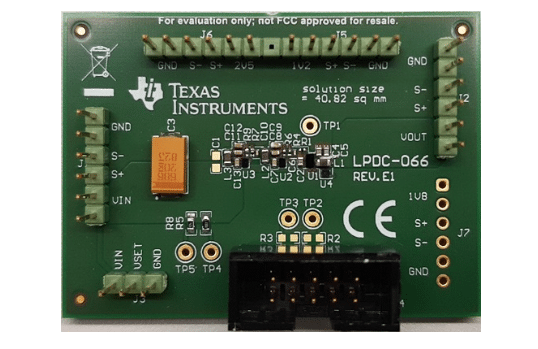Dive into the transformative world of M.2 form factor SSDs, where compactness meets high performance, setting new standards for storage technology.

The M.2 form factor has revolutionized the landscape of client Solid State Drives (SSDs) by offering a compact, flexible, and high-performance solution for storage technology. This innovation marks a significant departure from traditional 2.5-inch and 3.5-inch form factors, allowing for thinner and lighter devices without compromising on storage capacity or speed. M.2 SSDs are pivotal in the advancement of modern computing, finding applications across a wide range of devices from ultra-portable laptops to high-end desktops and servers. Their ability to support multiple interfaces, including SATA and NVMe, further enhances their versatility, enabling unparalleled read/write speeds that significantly reduce boot times, load times, and improve overall system responsiveness. As technology continues to evolve, the importance and applications of M.2 form factor client SSDs are set to expand, paving the way for the next generation of computing devices that prioritize efficiency, performance, and form factor flexibility.
Texas Instruments’ reference design TIDA-050044, specifically engineered for M.2 form factor client SSDs, presents a compact, high-efficiency power supply solution. To achieve superior performance, it integrates three DC/DC converters and a single linear converter. A notable feature is its adjustable output voltage, controllable via I²C communication, offering significant versatility for various applications. The design operates with a 3.3-V input and maintains a minimal footprint of 40.8 mm², prioritising high efficiency. It incorporates an automatic power-saving mode to improve efficiency in low-load situations. The design’s output voltage is adaptable, with adjustments possible through I2C communication or resistive feedback, accommodating diverse application requirements.
It utilizes TPS62864 and TPS62088 DC/DC converters and the TLV73318 LDO to deliver a compact, efficient power solution for the M.2 form factor. This setup generates multiple output rails—2.5-V, 1.8-V, 1.2-V, and 0.9-V—from a single 3.3 V input, with the DC/DC converters featuring a power save mode for enhanced efficiency under light loads. The TPS62864 is designed as a high-frequency synchronous step-down converter with an I²C interface, optimizing power density. The TPS62088, similarly, is a high-frequency synchronous step-down converter, crafted for compactness and improved efficiency. This technology finds applications predominantly in personal electronics, particularly enhancing SSD performance and reliability for both external and internal client use. It supports the enhancement of storage solutions in personal computing devices, promoting faster data access and processing for users.
Texas Instruments has conducted comprehensive testing on this reference design, providing a Design Guide, Bill of Materials (BOM), schematics, Gerber files, PCB layout, and additional resources. For detailed information and to examine this design more closely, please visit the Texas Instruments website.







